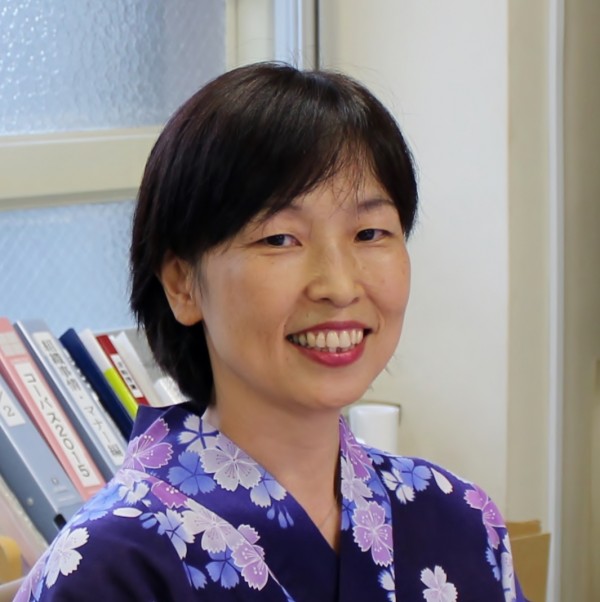Professor Yumiko Furuichi
Coordinator of the Japanese Language Class of the School of Engineering, The University of Tokyo

Modern society faces environmental destruction, poverty, multi-cultural and multi-ethnic populations, economic gaps and other challenges, and the very foundations of modern society such as capitalism and democracy are now unstable. In the rapidly evolving globalization, understanding others beyond one’s borders and having broader perspectives are becoming even more important.
In this current situation, there is a demand for language education that contributes to people’s lives and society. Language is created through the relationships between others and society. Language connects people and allows them to understand and think about the ongoing events in the world.
The Japanese Language Class, School of Engineering (JLCSE) marked its 35th year in 2016, and its education field is expanding every year in response to increasing demand. The JLCSE started in 1981 as a Japanese language education program to support the daily lives of international students. In 1988, the Japanese language education program was started to support academic life and research work. Japanese cultural education started in 1999 and an employment support course was provided to international students in 2010 to further promote international understanding and exchange activities.
In recent years, the JLCSE has been implementing work to cultivate tolerance and sensitivity to different cultures among Japanese students and create a coexisting campus life in addition to the empowerment of international students. For example, we started a multilingual exchange program called “International Café for You” in an attempt to utilize the language abilities of international and Japanese students in an organic environment and promote exchanges between them. Also, the Japanese Class Volunteer Programs at overseas partner universities have started to provide opportunities to cultivate cross-cultural understanding and a global mindset through student exchange that focuses on supporting Japanese classes at partner universities overseas. As a result, Japanese students were given an opportunity to think about the significance and ideal state of international cooperation and exchange to train and enhance themselves.
Japanese teachers provide language education by interacting with international students from diverse cultural backgrounds, leading cross-cultural understanding and utilizing their accumulated experiences. We would like to use these achievements from the past to promote international education to Japanese students and practice language education that benefits society in addition to offering Japanese as a second language education or Japanese cultural education.

